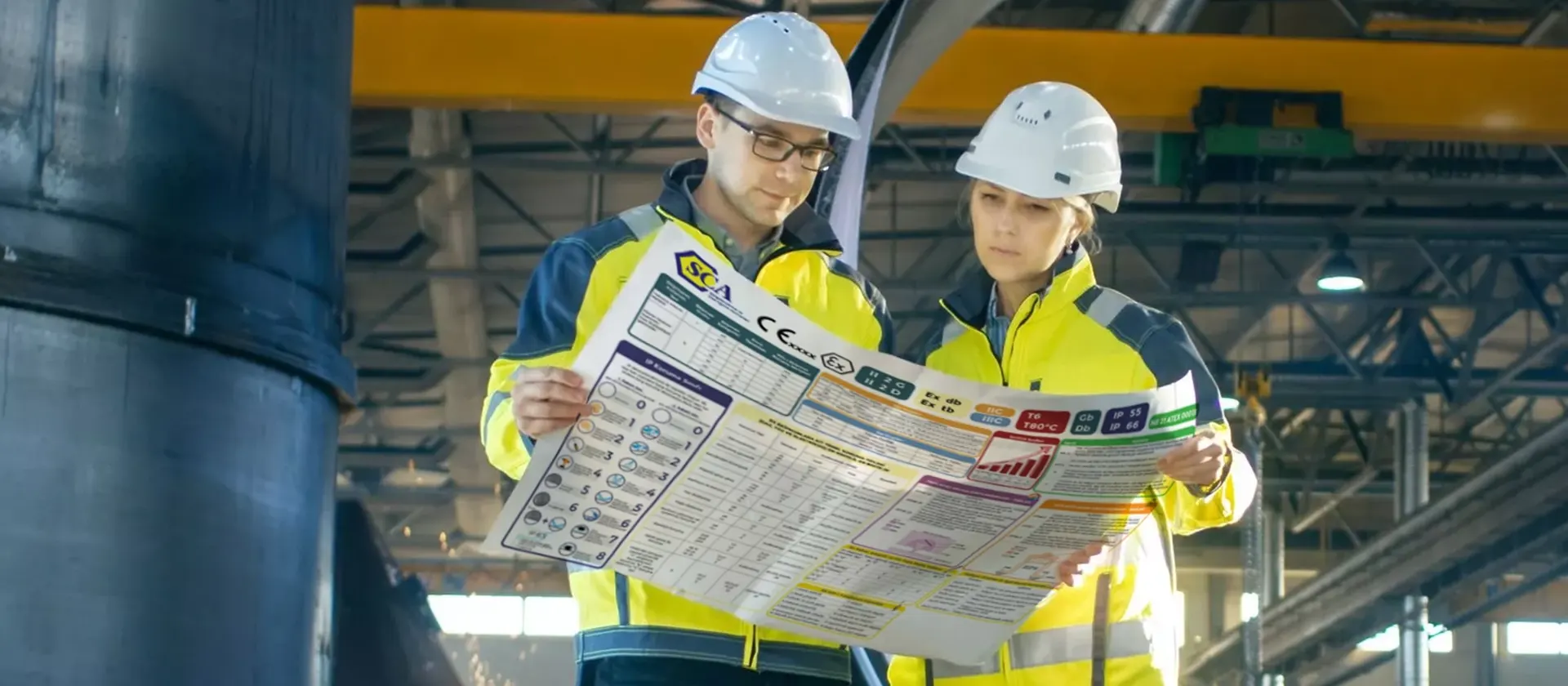ISO 6892-3 Tensile Testing of Non-Ferrous Alloys
The ISO 6892-3 standard provides a comprehensive approach to the tensile testing of non-ferrous alloys. This service is crucial for ensuring product quality, compliance with international standards, and meeting customer requirements in various industries such as aerospace, automotive, and electronics.
Tensile testing is one of the most fundamental mechanical tests used to determine material properties like yield strength, ultimate tensile strength (UTS), elongation, and reduction of area. The ISO 6892-3 standard specifically addresses the requirements for conducting these tests on non-ferrous alloys.
Non-ferrous alloys are metallic materials that do not contain significant amounts of iron. These include aluminum, copper, zinc, nickel, tin, magnesium, and their various combinations. The properties of non-ferrous alloys can vary widely depending on the alloy composition and heat treatment processes employed.
The tensile testing procedure outlined in ISO 6892-3 involves several steps to ensure accurate and reliable results:
- Specimen Preparation: The specimens are cut from the test pieces according to the dimensions specified by the standard. Proper preparation is critical as it directly impacts the accuracy of the test results.
- Testing Instrumentation: High-precision testing machines equipped with appropriate grips and sensors are used to apply a controlled load until fracture occurs.
- Data Collection: The machine records the force applied, displacement, strain rate, and other relevant parameters during the test. This data is crucial for calculating key mechanical properties.
- Analysis: Post-test analysis includes examining the fractured specimen to determine the type of fracture (ductile or brittle), which provides further insights into the material's behavior under stress.
The results from tensile testing are used extensively in quality control and product development processes. These tests help ensure that materials meet the required specifications, enabling manufacturers to produce reliable products.
Compliance with ISO 6892-3 is particularly important for industries where material integrity is paramount. The standard ensures consistent test methods across different laboratories, fostering trust and reliability in testing results. Compliance also facilitates international trade by ensuring that products meet the same quality standards regardless of their origin.
In summary, tensile testing according to ISO 6892-3 is a vital process for assessing the mechanical properties of non-ferrous alloys. It plays a crucial role in maintaining product quality and ensuring compliance with international standards.
Eurolab Advantages
At Eurolab, we pride ourselves on offering unparalleled expertise and comprehensive services to meet your testing needs. Our team of skilled professionals is dedicated to providing accurate and reliable results every time. Here are some key advantages of choosing Eurolab for ISO 6892-3 tensile testing:
- Accurate Results: We use state-of-the-art equipment calibrated to international standards.
- Comprehensive Reporting: Our detailed reports provide comprehensive insights into the test results, helping you make informed decisions.
- Experienced Staff: Our team comprises highly qualified and experienced professionals who are well-versed in conducting these tests.
- ISO/IEC 17025 Accreditation: We adhere to strict quality management systems, ensuring the highest level of accuracy and reliability.
- Comprehensive Support: From initial consultation to final report, we provide full support throughout the testing process.
- Fast Turnaround Times: Our efficient processes allow us to deliver results quickly without compromising on quality.
- Global Recognition: Our services are recognized and trusted worldwide, ensuring that your results are accepted globally.
We understand the importance of accurate testing in maintaining product integrity and ensuring compliance with international standards. By choosing Eurolab, you can trust that your tests will be conducted to the highest standard, providing you with confidence in your materials' performance.
Quality and Reliability Assurance
The quality and reliability of testing results are paramount for industries relying on accurate material data. At Eurolab, we employ rigorous quality control measures throughout our testing process to ensure the highest standards of accuracy and reliability:
- Calibration: All equipment is regularly calibrated against international standards.
- Training: Our staff undergo continuous training to stay updated with the latest techniques and methodologies.
- Standard Operating Procedures: Strict adherence to standard operating procedures ensures consistency in testing methods.
- Audits: Regular internal audits are conducted to maintain compliance with international standards.
- Feedback Mechanism <|im_start|><|im_start|>⚗️





